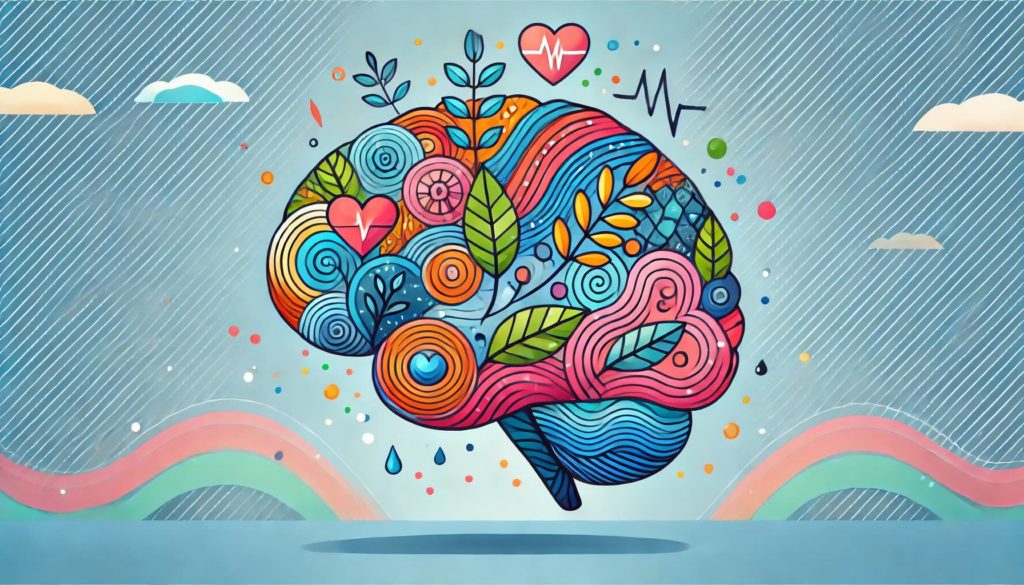Lithium Anti-Aging Benefits: A Deep Dive into Its Potential
The mineral lithium increases the lifespan of model organisms and improves the memory of individuals with neurodegenerative disorders.
Highlights:
- Lithium has been shown to extend the lifespan of fruit flies and nematodes.
- A 300 µg dose of lithium was shown to prevent cognitive decline while 42 mg to 336 mg was shown to improve cognitive function in Alzheimer’s patients.
Lithium, a naturally occurring mineral, has long been recognized for its role in psychiatric treatment, particularly in managing bipolar disorder. However, recent research sheds light on its potential as an anti-aging compound. This article explores the intriguing benefits of lithium in promoting longevity and combating the effects of aging.
Lithium and Longevity
Research demonstrates that lithium extends the lifespan of fruit flies and nematodes alike. One landmark study on fruit flies modeling Alzheimer’s disease (AD) found that those given low doses of lithium lived significantly longer than their untreated counterparts. The exact mechanisms behind this effect are still being unraveled, but several key pathways have been identified.
Potential Benefits

Neuroprotection
Lithium is known for its neuroprotective properties. A microdose of 20 µM enhances the survival of neurons in a mouse model of aging, while 200 µM increases neuron death, demonstrating lithium’s narrow therapeutic window. Accordingly, a 300 µg microdose of lithium was shown to prevent cognitive decline in AD patients. Lithium’s neuroprotective properties are thought to be mediated through several mechanisms:
- Inhibition of Glycogen Synthase Kinase-3 (GSK-3): GSK-3 is an enzyme that, when overactive, contributes to the pathology of several neurodegenerative diseases. Moreover, GSK-3 is implicated in type 2 diabetes, bipolar disorder, and cancer. Lithium inhibits GSK-3, thereby providing neuroprotection and other potential benefits.
- Promotion of Brain-Derived Neurotrophic Factor (BDNF): BDNF is a protein that supports the growth, maintenance, and survival of neurons. One study showed that lithium increases BDNF levels in Alzheimer’s patients and contributes to improving their cognitive function. In this study, the dose of lithium sulfate was carefully adjusted to achieve a target concentration of lithium in the blood. The starting dose was 42 mg and the maximum dose was 336 mg.
Mitochondrial Function
Lithium has been shown to enhance mitochondrial function, which is crucial for energy production and cellular health. In human neurons, lithium was shown to improve the level of enzymes called sirtuins, which are associated with boosting mitochondrial health. Mitochondrial dysfunction is a hallmark of aging, and by improving mitochondrial efficiency, lithium may help mitigate age-related decline in cellular function.
Autophagy and Cellular Senescence
Autophagy is the process by which cells remove damaged components, and it plays a vital role in maintaining cellular health and counteracting neurodegeneration. Lithium has been found to stimulate autophagy, thereby promoting the removal of cellular debris in mice. Furthermore, lithium has been shown to reduce the accumulation of senescent cells—cells that contribute to aging and age-related diseases — in human neurons.
Lithium in the Diet
Lithium is present in trace amounts in many foods and drinking water. Epidemiological studies have observed that populations with higher lithium levels in their drinking water tend to have lower rates of death, crime, and suicides. While these findings are correlational, they hint at lithium’s broader potential health benefits.
Safe and Effective?

While the therapeutic benefits of lithium are promising, it is essential to approach its use cautiously. Lithium has a narrow therapeutic window, meaning the difference between a beneficial dose and a toxic dose is small. High levels of lithium can lead to toxicity, characterized by symptoms such as nausea, tremors, and even kidney damage.
While individuals diagnosed with bipolar disorder usually take 600-1200 mg of lithium, ongoing studies aim to better understand the optimal dosages, long-term effects, and the mechanisms by which lithium confers its benefits in healthy aging individuals.
The potential anti-aging benefits of lithium are an exciting frontier in aging research. Its ability to protect neurons, enhance mitochondrial function, promote autophagy, and reduce senescent cell load positions it as a promising candidate for extending lifespan and improving brain health. Still, any consideration of lithium supplementation should be done under medical supervision.

